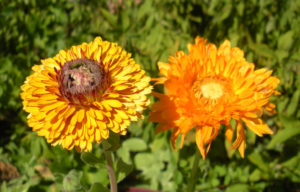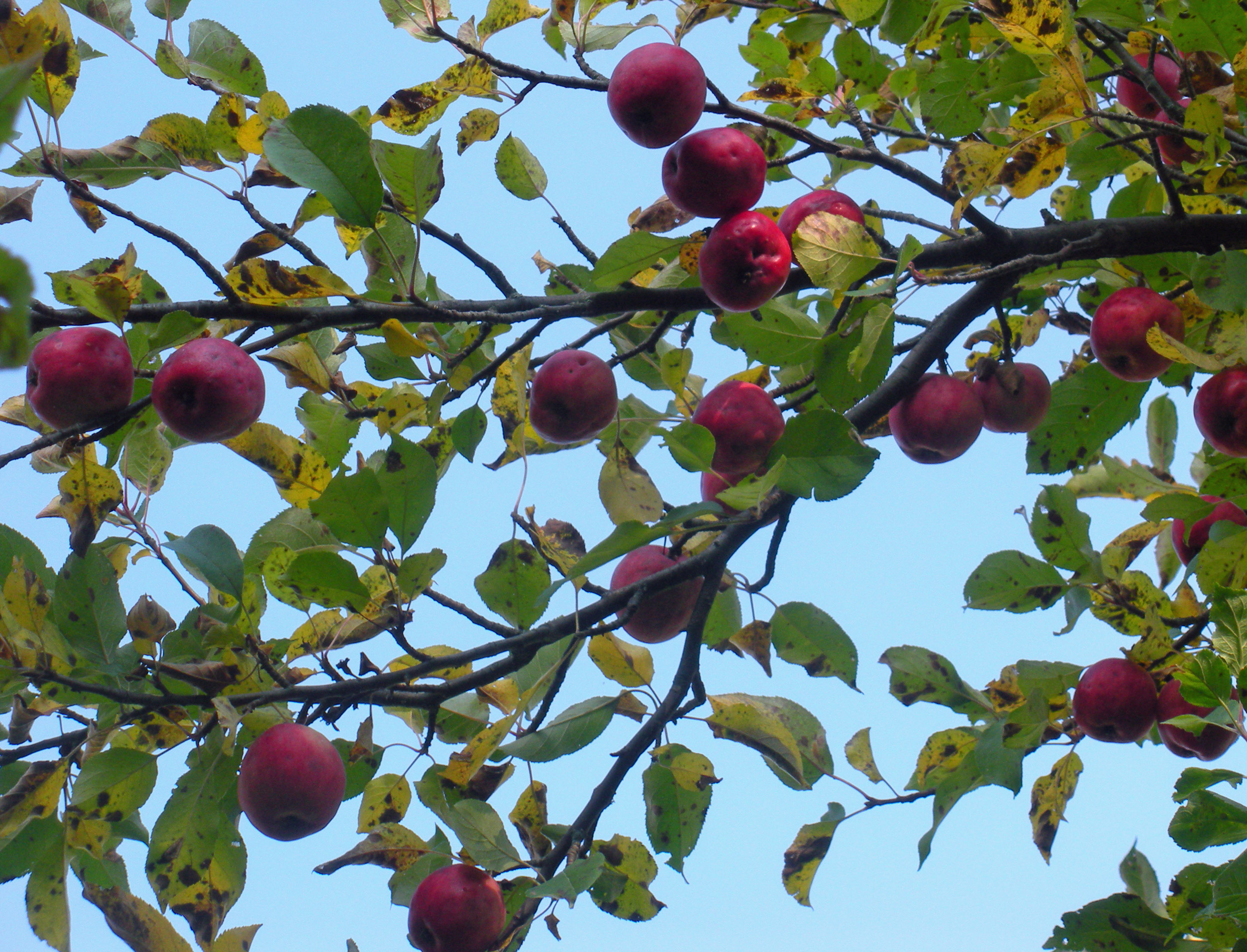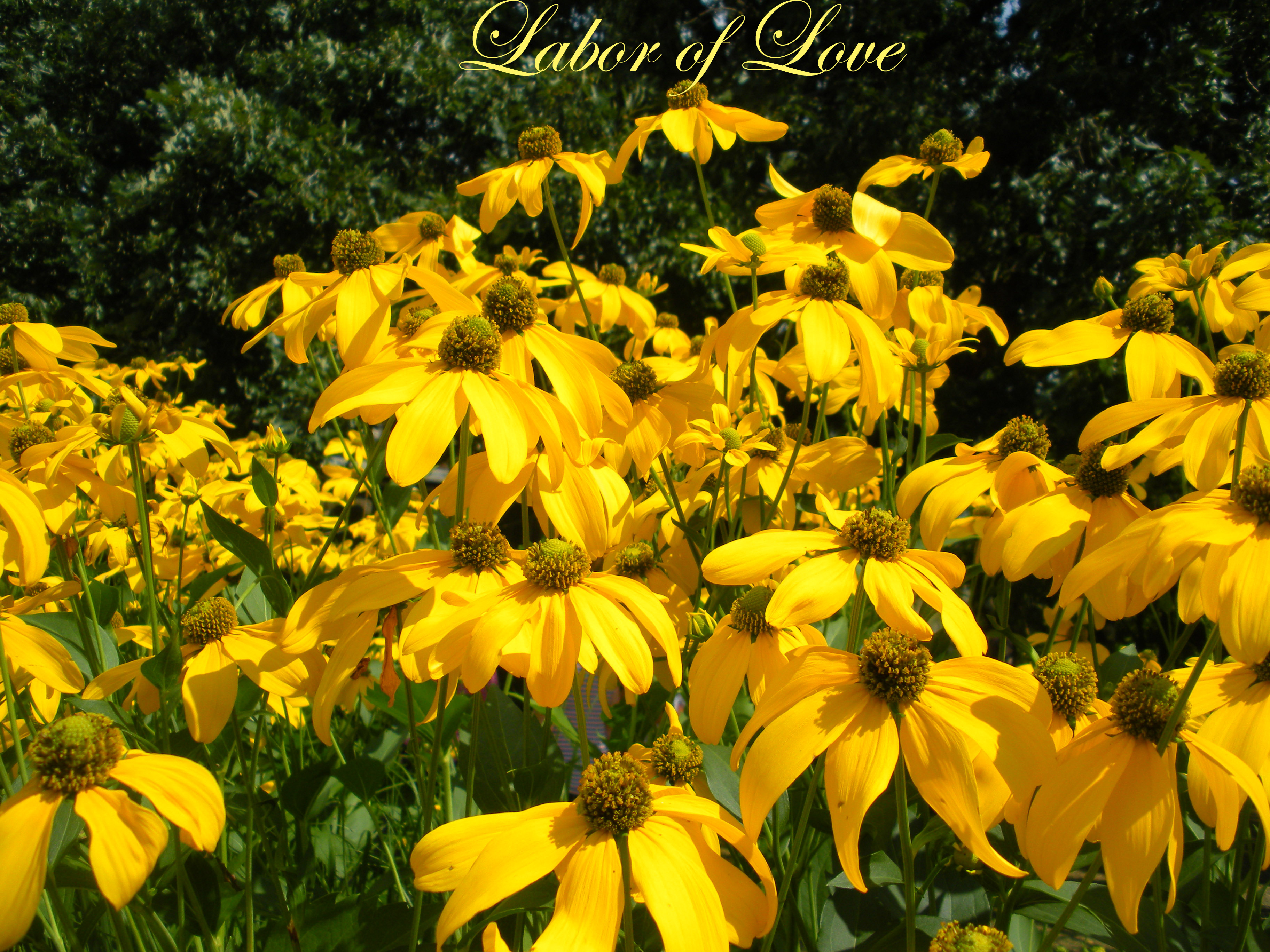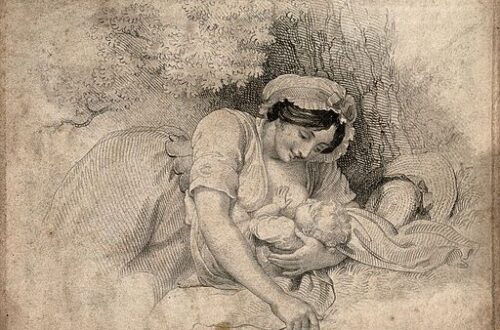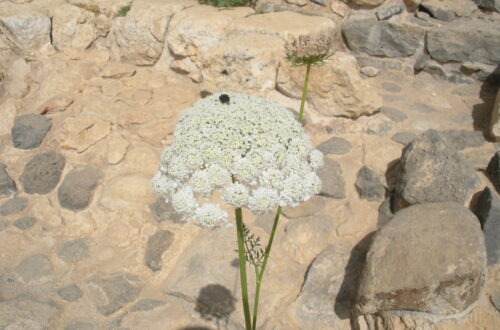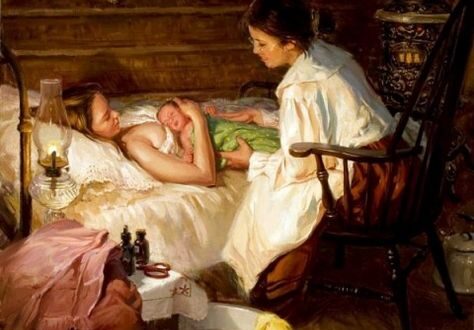If you watch very much TV you will notice that a great proportion of advertisements are for medications. A medical problem is presented with the solution—a pill. Then a long list of side effects and risks are recited.
Every medication and medical intervention has side effects and risks. So, should medication be the first resort to an illness? My experiences as a teen, a mom and a nurse have led me to believe otherwise.
When I was sixteen or seventeen my periods were very irregular. My mother was worried and took me to a gynecologist who prescribed hormonal pills— better known as birth control pills. I began bleeding so heavily that I stopped using the pills and never touched them again. Today we know that hormonal contraception, pills or injections can cause abnormal bleeding, blood clots and increases the risk of breast cancer.
When my first three children were babies antibiotics were prescribed quickly and frequently. We went through a spiral of declining health. With my fourth child we tried supportive care—rest, fluids, chicken soup—along with a wait and see approach. This fourth child hardly ever needed an antibiotic. Eventually the medical field acknowledged that antibiotics were being used too frequently.
I graduated from the University of Michigan Nursing program, well versed in the science of medicine. I appreciate the marvels of modern medicine. When our son was being treated for leukemia we pursued the latest research and treatment. Modern medicine has great interventions when we need them. The question is when do we need intervention?
When I worked in hospital labor/delivery units I saw many interventions taking place. Some necessary, some not, some causing complications. I don’t think we even know the long term effects of the increasing use of pitocin, a synthetic hormone used to induce or stimulate labor.
When I began attending homebirths it became clear to me. Many of the interventions in childbirth are unnecessary. Women are equipped to give birth. My oldest daughter has given birth five times without medication or intervention.
At the same time I will admit that intervention is sometimes necessary. After beginning labor at home, my second daughter went to the hospital and needed intervention to assist the delivery of a healthy baby. But first she learned ways to support a natural birth and asked questions of her health provider.
When do we need intervention? It is a question that we should be asking when 22 vaccines are recommended for children within the first 15 months of life. What is the risk of getting the disease? Could this vaccine be deferred? How serious is the disease? What are the side effects and risks posed by the vaccine? Is there a family history of vaccine reactions or allergies?
Like antibiotics, I believe the day is coming when the medical field will acknowledge that we are giving too many vaccines. But before that happens parents and voters will have to respond to the huge push by lawmakers (funded by pharmaceutical companies) to make all these vaccines mandatory. California is making news that is unsettling. Read about the doctor who is under review for giving a vaccine exemption. Click here.
With time I have learned to trust the body and do the practical things. It is important to evaluate diet and make healthy changes. Sometimes we need to slow the pace of life and rest.
I have also learned that God has given us some tools for health in nature. I keep garlic in my kitchen. I grow herbs in my garden. I have learned about the benefits of elderberries and the cheerful calendula flower.
Our diet has improved over the years, and I am a minimalist when it comes to medication.
Thanks for visiting. If this post sparked your interest you might like my Facebook page.
Sharing this post with Tuesdays with a Twist, Healthy, Happy, Green and Natural Party and Christian Blogger
